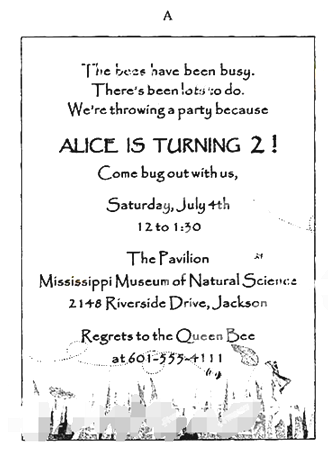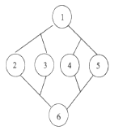题目内容
【题目】
When you throw something in the trash, soon a garbage truck will come to take it away. Then where does it go? That depends on where you live. Different towns deal with trash in different ways. | |
Recycling A recycling truck picks up paper, cardboard, metal, plastic and glass. These go to the recycling plant to be sorted and made into new things. |
|
Incinerator An incinerator is a huge stove that burns trash to make heat and electricity. The ash that’s left gets buried in a landfill. Trash ash can be poisonous, so it has to be stored carefully. But is takes up a lot less room than just plain trash. |
|
Compost Food waste might go to a composter. In a compost heap (堆肥堆), bacteria and worms break down dead plants and old food. They turn it in into good, rich oil. Some people keep compost heaps in their gardens. Big commercial composters handle waste from restaurants and farms. |
|
Landfills Some trash gets buried in landfills. A landfill starts as a big hole. Trucks dump trash. Big earth movers push it into place and crush it down. They cover the trash with dirt to keep scavengers (食腐动物) away. The bottom of a landfills is lined with a barrier to keep bad things from leaking into the ground. Pipes drain away liquid. When the landfill is full, it’s covered with earth. It might become a park or lawn. |
|
【1】What can we learn from the passage?
A.Recycling helps to generate energy.
B.Bacteria and worms helps handle food waste.
C.The landfill is used to drive scavengers away.
D.Trash ash is carefully handled to save room.
【2】What’s the purpose of the passage?
A.To inform us of trash treatment.
B.To appeal for trash classification.
C.To discuss solutions to trash pollution.
D.To raise awareness of the harm of trash.
【答案】
【1】B
【2】A
【解析】
这是一篇应用文。文章给读者介绍了四种处理垃圾的方式:回收利用,焚烧,堆肥和填埋。
【1】细节理解题。根据Compost部分下的In a compost heap (堆肥堆), bacteria and worms break down dead plants and old food. They turn it in into good, rich oil.可知,在一个堆肥堆里,细菌和蠕虫可以降解死去的植物和腐烂的食物,把他们变成富含营养的泥土。即,细菌和蠕虫可以处理腐烂的食物。B. Bacteria and worms helps handle food waste.(细菌和蠕虫帮助处理食物垃圾)符合以上说法,故选B项。
【2】推理判断题。根据文章的主要内容,尤其是第一段的Then where does it go? That depends on where you live. Different towns deal with trash in different ways.(那,它去了哪儿呢?这取决于你居住在什么地方,不同的城市用不同的方式处理垃圾)可推测,本文主要给读者介绍垃圾被处理的方式。A. To inform us of trash treatment.(告诉我们垃圾的处理)符合以上说法,故选A项。










